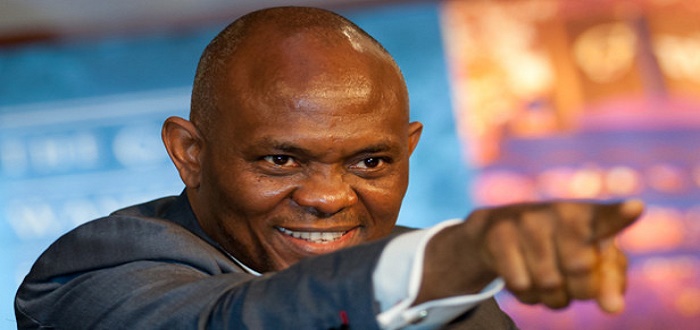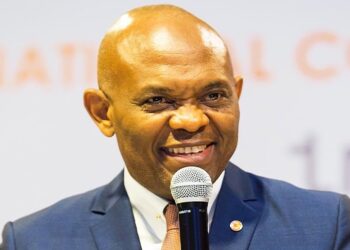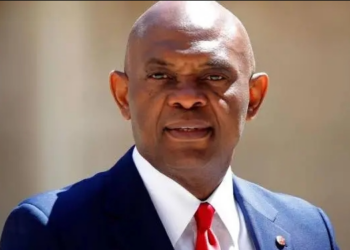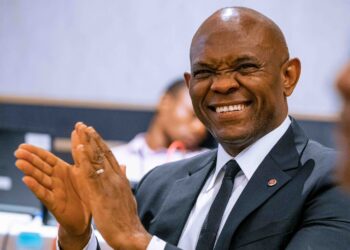Power companies should consider selling stakes to other investors – Osinbajo
The Government said it has set its sights on the power distribution problem and will seek to bypass the bottleneck in the electricity distribution segment through 2 main policy initiatives, Vice President Yemi Osinbajo said at the ongoing NESG Summit.
“We are at the moment dealing with constraints in electricity distribution with 2 notable policy initiatives, Vice President Osinbajo said. “NERC issued the Eligible Customer Directive in August, and will this month (October), issue a directive on Independent Metering”.
In addition to the 2 government-led policies, the VP advocated for more private sector investment in the distribution segment, especially through the sale of ownership stakes by the current Disco owners.
The Eligible Customer regime allows for a willing seller and willing buyer arrangement in the sale of power. This initiative will help break the complete monopoly of discos in the last-mile segment of the value chain. Further, the Independent Metering directive will allow independent entities that are not necessarily Discos to invest in metering, sell and install meters to customers, and be paid directly as collection is made from the metered customers.
The VP acknowledged that although generation had increased from 3,000MW to 7,000MW, distribution still posed a significant constraint, such that it hobbled progresses made in power generation in several states. For example, Lagos state has about 4 Independent Power Projects (IPPs) but has been unable to sell the power to customers. It therefore had to resort to providing the energy to public facilities. With the Eligible customer initiative, the IPPs can sell their power to willing buyers. The mulled policies will potentially break the distribution deadlock, and will ensure that energy generated can be distributed.
Another challenge that has hobbled the growth of the power sector is the inability of Discos to make additional investments to improve distribution, of which metering and collection is a significant part. The above-named directives were aimed at working through those problems. “The last mile is absolutely important, and there, we need plenty of investment. PYO said.
Tony Elumelu, an investor in Transcorp Power which operates the Ughelli Power Plant, in his remarks noted that although intervention funds of more than N700 billion have been provided for the sector, the funds would eventually be exhausted. Thus, the electricity market needs to self-sustain itself.
To boost investment in the sector, in his opinion, power companies can be recapitalized by the government increasing its stake in the power companies from the current 49% to a higher level. It can in the future re-sell its increased stake to investors in a much stricter process to ensure that the new investors possess demonstrated capacity.
PYO, however, responded suggesting that those who currently owned the assets but had no money to run them, give them up to those who can run them, and that the government did not possess the resources to invest in power companies.



















